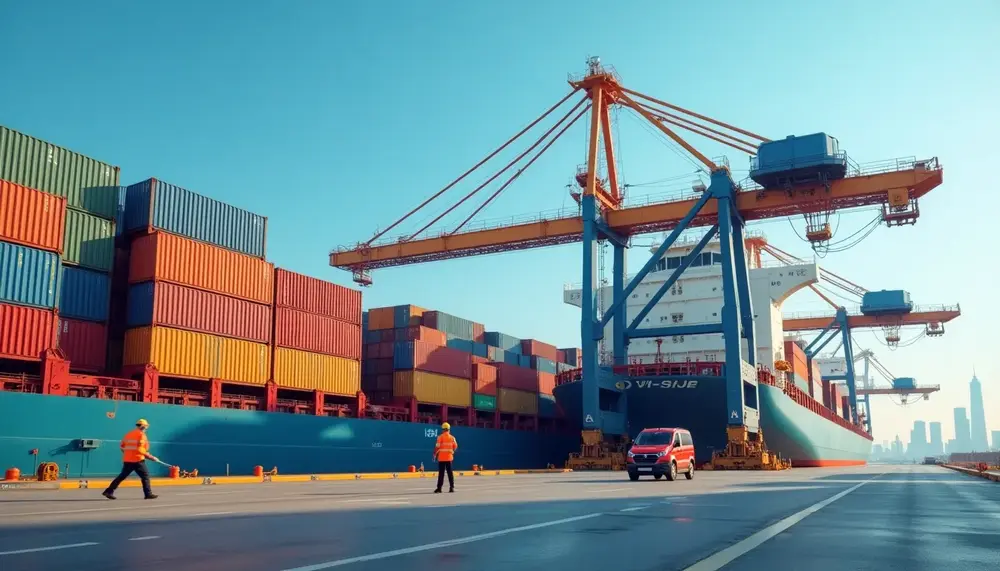Understanding the Concept of a Trade War
A Trade War is a term commonly used in the world of economics and trading, which refers to a situation where one country imposes trade barriers on another, and the latter responds with similar measures. In simple terms, a trade war is an economic conflict resulting from extreme protectionism where nations raise import tariffs or impose other trade barriers against each other.
How a Trade War Begins
The trade war cycle usually begins when one country imposes tariffs or quotas on certain imported goods. This action is generally taken to protect domestic industries and jobs from foreign competition. The affected country may react in kind by imposing its own tariffs, triggering a back-and-forth escalation leading to a trade war.
Trade War and Its Impact on Trading
In trading, the onset of a trade war can lead to substantial impacts on financial markets. They can cause market volatility, impact currency exchange rates, and influence investment flows. As a trader, it is crucial to understand these impacts as they can significantly affect trading strategies and decisions.
Why a Trade War Matters to Traders?
A trade war is highly significant to traders. Such economic disputes can create uncertainties in the market, leading to price fluctuations. This additional volatility can offer increased trading opportunities, but it also carries more risk. Traders must be aware of the countries involved in the trade war as it may affect the assets they trade in.
An Example of a Trade War
One of the most known examples of a trade war in recent times is the one between the United States and China that began in 2018. Both countries imposed tariffs on billions of dollars worth of each other's goods, causing global market uncertainty and affecting the dynamics of international trade.


